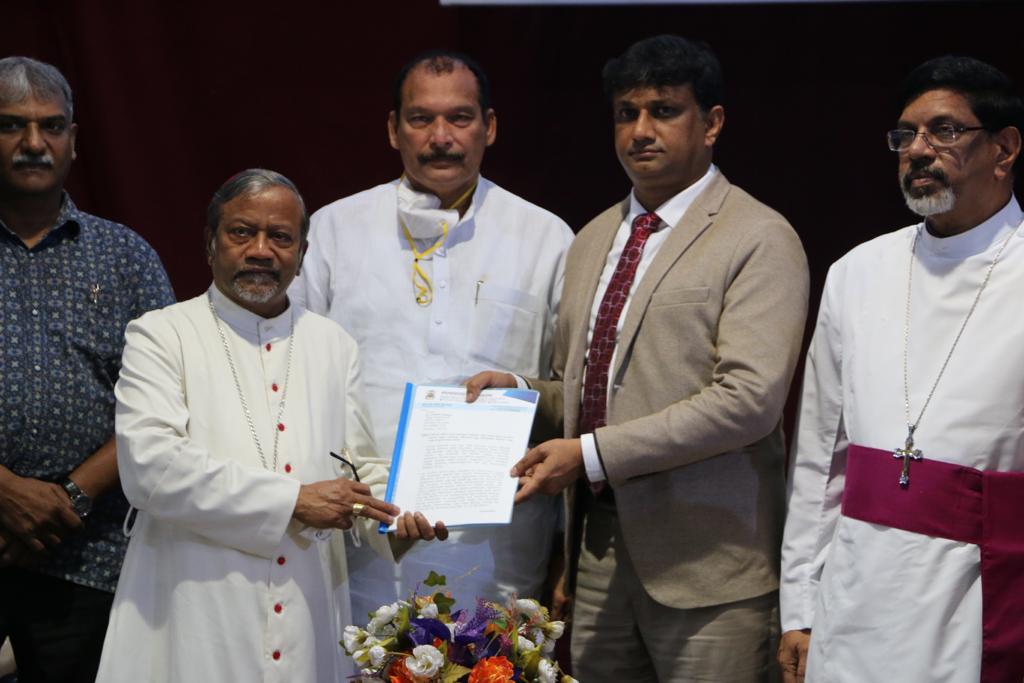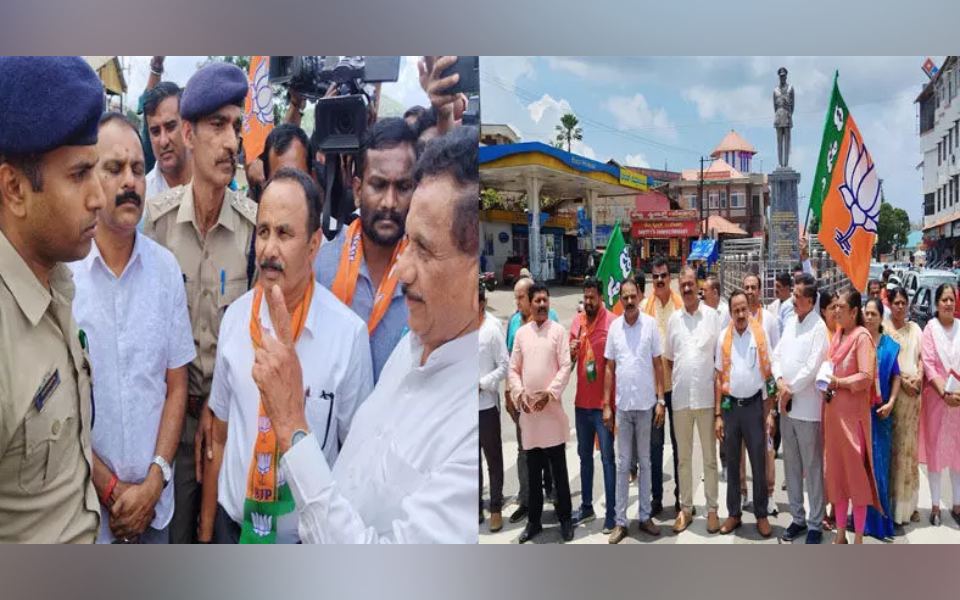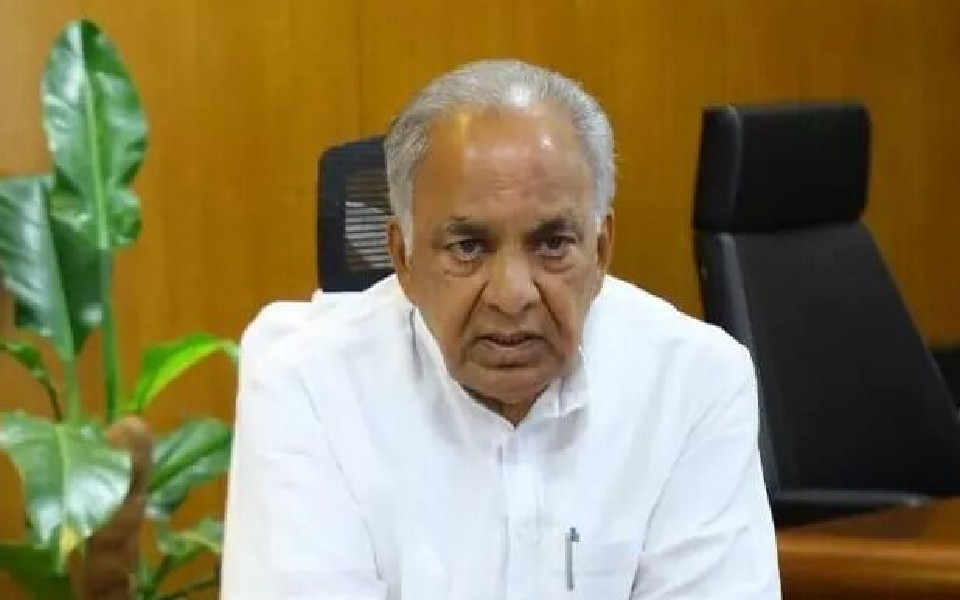Bengaluru: The Archdiocese of Bangalore on Friday submitted a memorandum to Karnataka Chief Minister Basavaraj Bommai through Bengaluru DC, opposing the introduction of the Anti-Conversion Bill in the state.
An official press release stated that the memorandum was being submitted on behalf of the entire Christian community in Karnataka. The memorandum questioned the need for such an exercise when “sufficient laws and court directives are in place to monitor any aberration of the existing laws.”
The Karnataka government led by CM Bommai is expected to introduce the Anti-Conversion Bill in the state assembly in December this year.
The Indian Constitution Article 25 very clearly says, “Freedom of conscience and free profession, practice, and propagation of religion subject to public order, morality, and health. Further, Article 26 says that all denomination can manage their own affairs in matters of religion, and therefore, introducing such laws would infringe the rights of the citizens, especially of the minority communities.” the memorandum stated.
“When all the relevant data is already available (through the census) with the Government, why do we need yet another futile exercise? Why only the Christian community is targeted and marked for this arbitrary, fallacious and illogical move? What is the motive that is driving them to do so?” it added while pointing out that the Backward Classes and Minorities Welfare Department of Government of Karnataka have issued an order to conduct a survey of both official and non-official Christian Missionaries and the Institutions and Establishments functioning in the State.
“Thousands of schools, colleges, and hospitals are run and managed by Christian Community across the Stale. When lakhs of students are graduating from these institutions year after year and thousands of patients irrespective of caste, creed and color receive the best medical attention from our hospitals and care centers, let the Government prove that even one of them has ever been influenced, compelled or coerced to change his or her bill would religion. Moreover, anti-conversion become a tool for the fringe elements to take law into their own hands and vitiate the atmosphere with communal unrest in the otherwise peaceful State,” it further added while calling on the CM and his cabinet not to promote such an “undesirable and discriminatory bill” in the interest of the harmony peace and in the society.
A delegation of the leaders led by Archbishop Most Rev. Dr. Peter Machado submitted the memorandum after a brief meeting of over a hundred Christian leaders to take stock of the current situation and of the State, the press statement added.
A peace rally to protest the government's move, that was scheduled on Friday at the St. Joseph's Indian High School Grounds was also postponed to a future date owing to the inclement weather in the city.
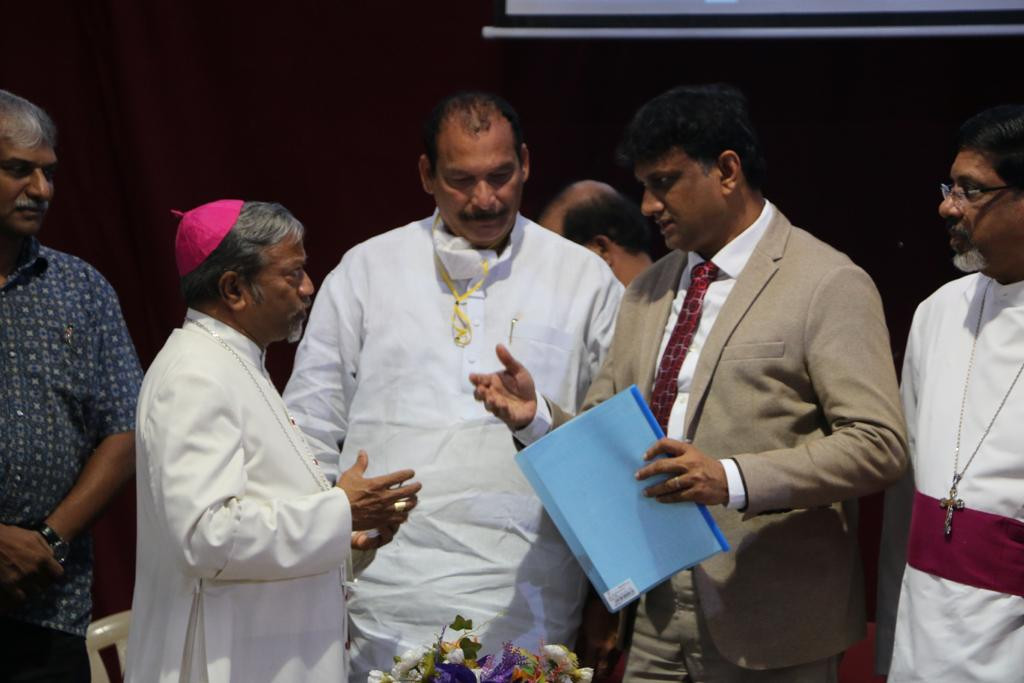
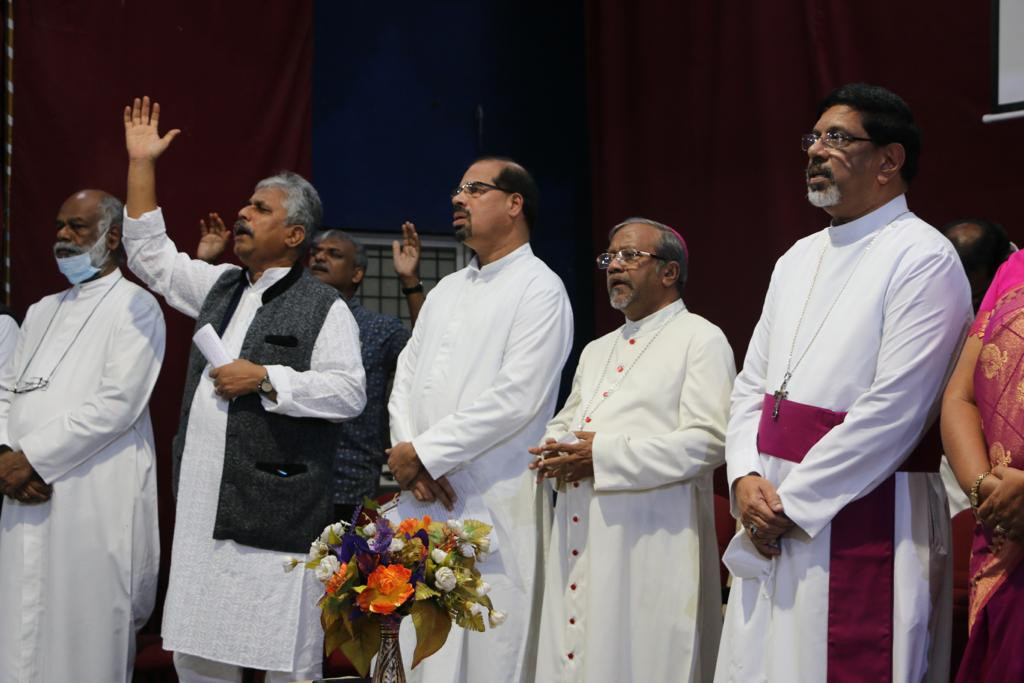
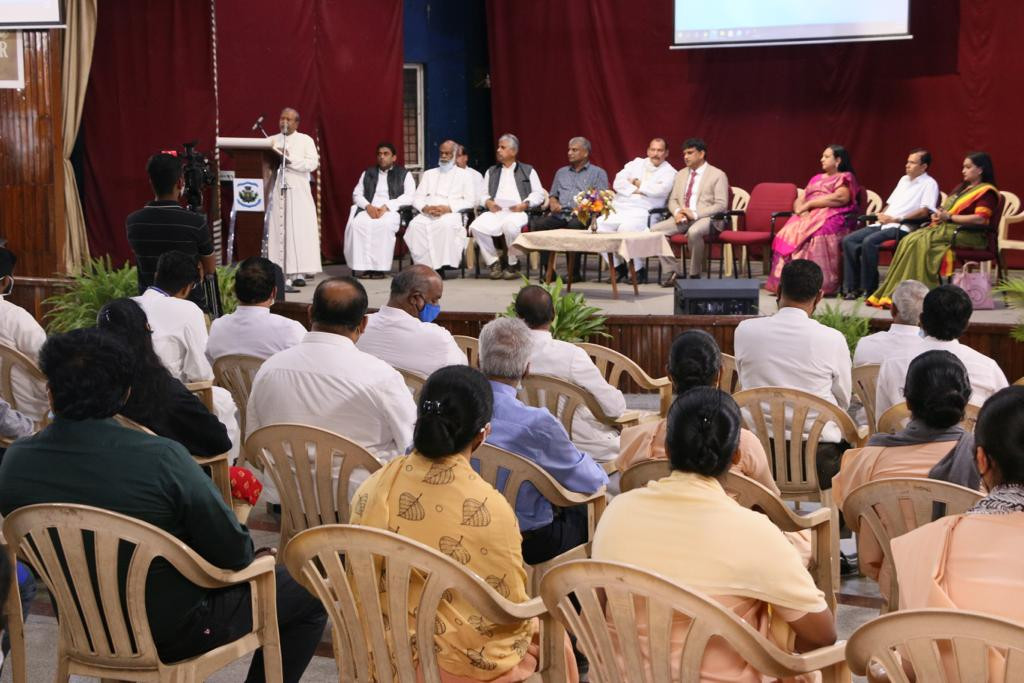
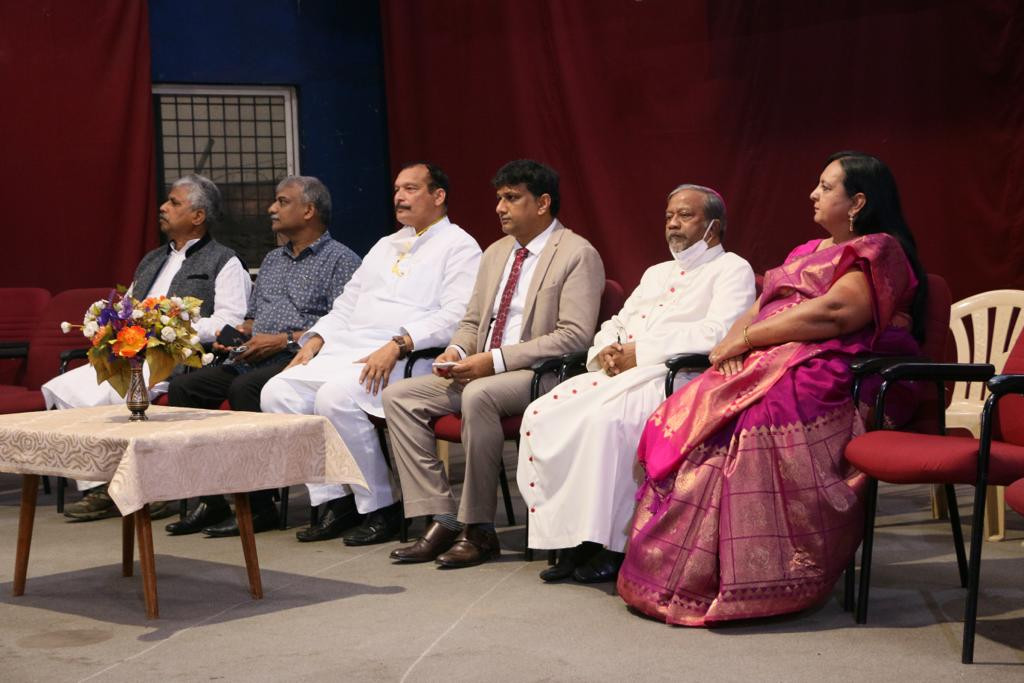
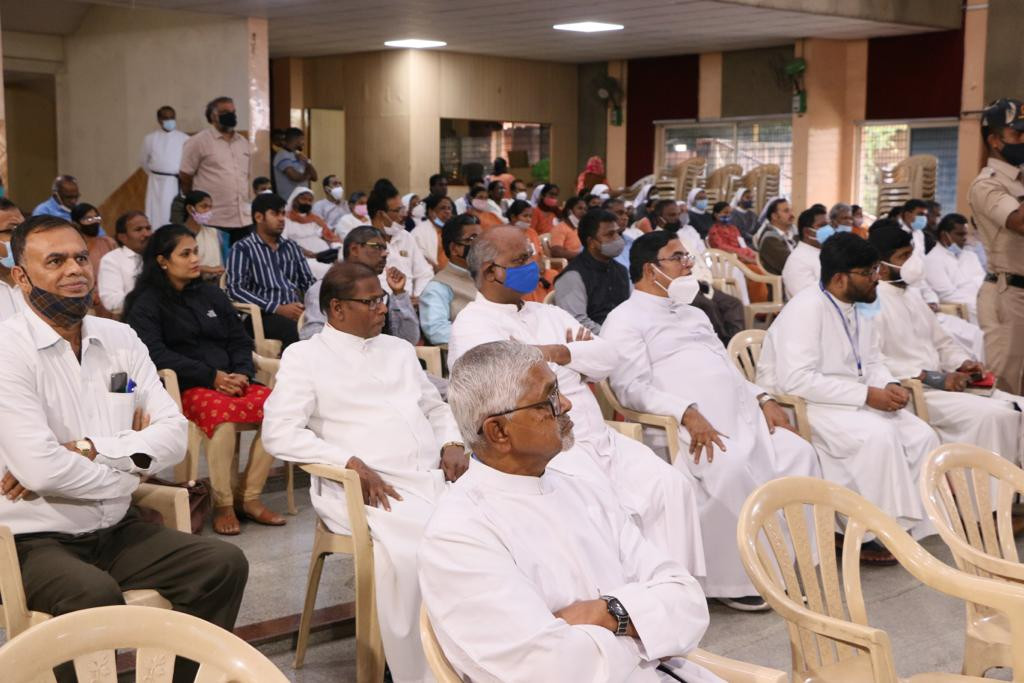
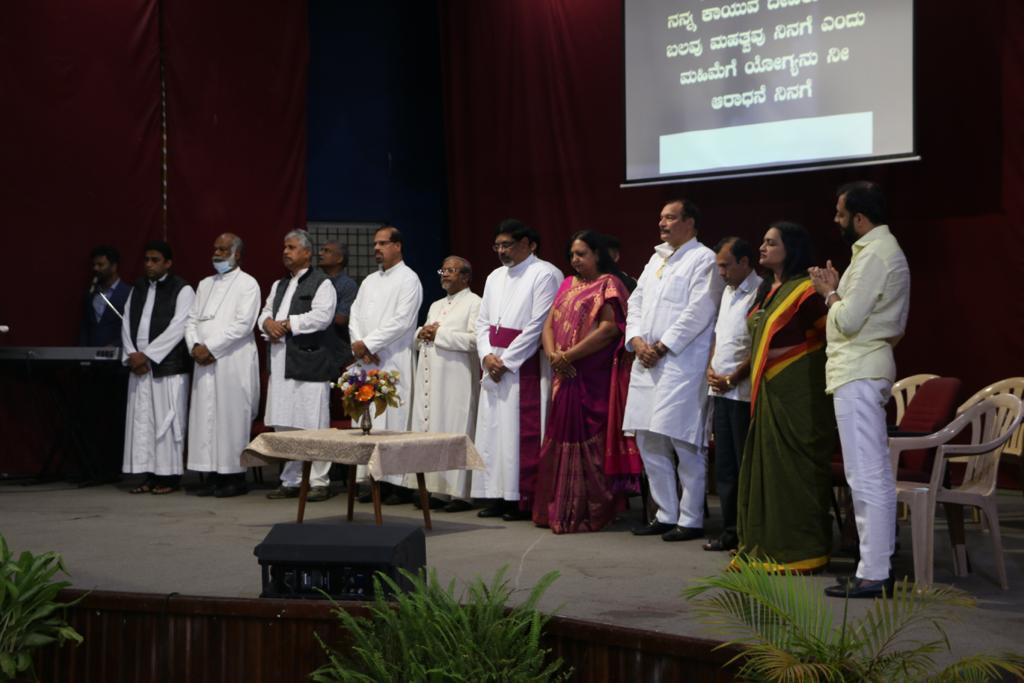
Let the Truth be known. If you read VB and like VB, please be a VB Supporter and Help us deliver the Truth to one and all.
Guwahati, Apr 4 (PTI): The Assam cabinet has decided to lift all cases pending against people from the Koch Rajbongshi community in the Foreigners' Tribunals, Chief Minister Himanta Biswa Sarma said on Friday.
They will also no longer carry the tag of 'D' or doubtful voters, he said.
''There are 28,000 cases pending in different Foreigners' Tribunals in the state against people of the community. The cabinet has taken a historic decision of lifting the cases with immediate effect,'' Sarma said at a press conference here after the cabinet meeting.
The government believes that the Koch Rajbongshis are an indigenous community of the state and they are an inextricable part of ''our social and cultural fabric'', he asserted.
The people of this community are poor and have suffered a lot over the years, he said.
''They will no longer carry the tag of foreigners or ‘D’ voters,'' the CM said.
Foreigners Tribunals are quasi-judicial bodies, particularly in Assam, established to determine if a person residing in India is a "foreigner" as defined by the Foreigners Act of 1946, based on the Foreigners (Tribunals) Order of 1964.
These tribunals are designed to address matters related to citizenship and the presence of “foreigners” in India, specifically focusing on cases where someone is suspected of being an illegal immigrant.
There are 100 Foreigners’ Tribunals across Assam.
The Koch Rajbongshis have a sizeable presence in Assam, West Bengal, Meghalaya, and parts of Bangladesh, Nepal, and Bhutan, and they demand Scheduled Tribe status.

